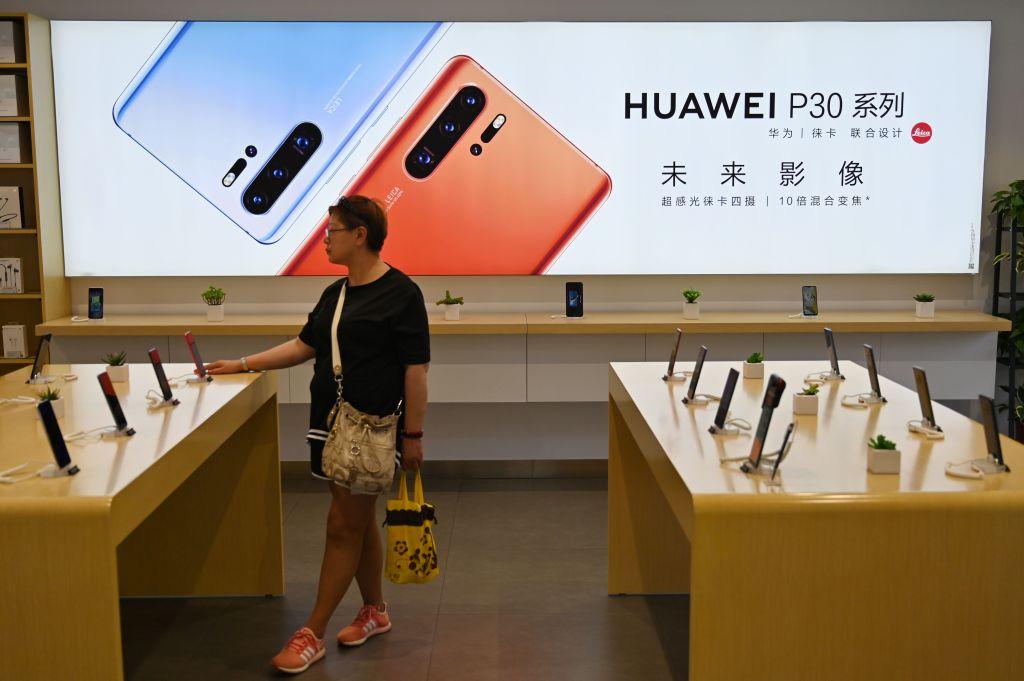WASHINGTON—The U.S.–China trade dispute has escalated recently with both sides slapping new tariffs on each other. While tariffs have a meaningful effect on the world’s two largest economies, restrictions on investment and the flow of technology will be much more disruptive, experts claim.
Many Chinese businesses and the regime’s leadership grasp that this isn’t just a tariff war, according to Adam Posen, president of Peterson Institute for International Economics (PIIE), a Washington-based think tank.





